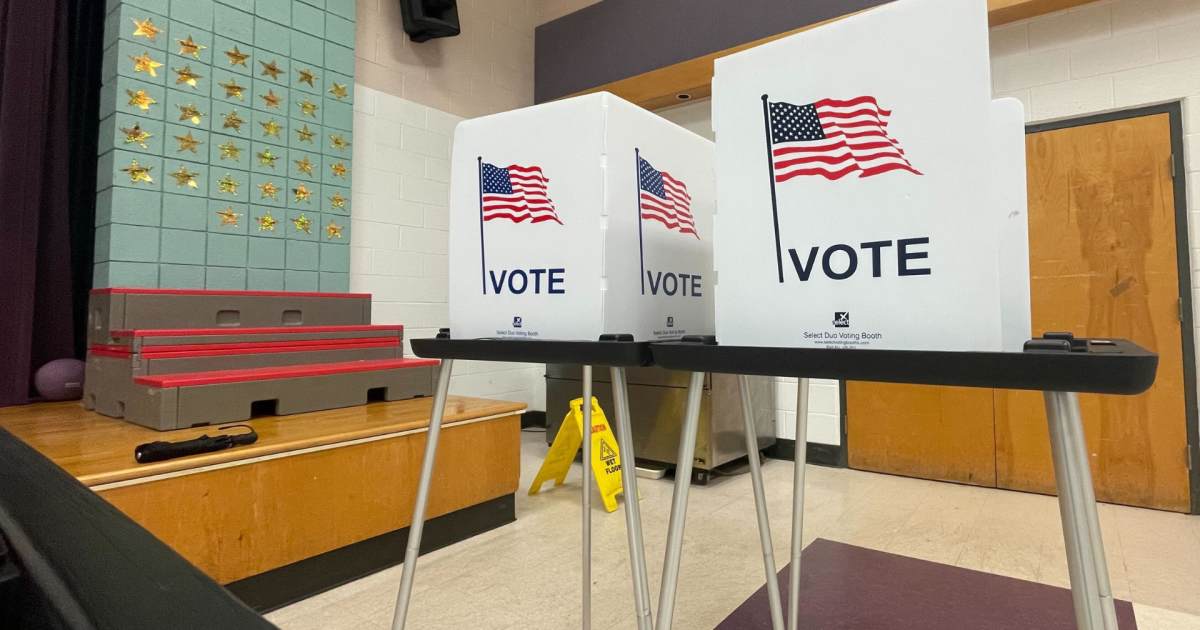Michigan's Initiative to Require Proof of Citizenship for Voting
- Better American Media

- Apr 19
- 3 min read

Michigan's Citizen Verification Initiative Advances
In a move to reinforce voting integrity, a new initiative in Michigan is garnering support aimed at ensuring that only U.S. citizens are eligible to vote in state elections. Campaign efforts have intensified as organizers work to collect the necessary signatures to advance this proposed constitutional amendment.
The initiative seeks to revise the state constitution by instituting a requirement for proof of citizenship during voter registration, replacing the current system where applicants simply affirm their citizenship by checking a box. This proposal also mandates that the Michigan Secretary of State will conduct audits of the voter registration rolls to verify the citizenship of voters.
Under the proposed changes, individuals without a photo ID would no longer have the option to vote by signing an affidavit at polling places, a measure that has been a point of contention. The Board of State Canvassers has already approved the petition form, allowing the Protect Voters’ Rights campaign to move forward with their plans. Legal representative Charlie Spies emphasized, “It’s a commonsense proposal to add two things. One is photo ID, and the second is verification of citizenship. That is core to the voting rules of America.”
Despite existing processes that confirm residency and citizenship under the penalty of perjury, recent reports highlighted concerns when state officials indicated that a small number of non-citizens may have participated in the 2024 election. Critics of the initiative, however, argue that the number is minimal and does not warrant the proposed changes.
Opposition voices, including attorney Mark Brewer, have raised alarms about the implications of the new requirements. Brewer stated, “New qualifications to the vote would be imposed. Undefined documentary proof of citizenship, photo ID, etc. Which will result in citizens of Michigan who are eligible to vote and eligible to register being denied those rights.”
Supporters of the initiative counter that it does not place undue burdens on voters. They highlight provisions for state-funded photo IDs for those who do not already possess identification and stress that the amendment’s requirement for documentation such as birth certificates or passports is not excessive.
Concerns have also emerged from board members about potential difficulties voters might face in obtaining necessary documentation and the possible impact on online voter registration and absentee ballots. Board member Mary Ellen Gurewitz expressed apprehension, stating, “I’m really troubled by the idea that people who have perhaps been voting for decades are going to find that the secretary of state perhaps has failed in his or her obligation and therefore the person loses the right to vote.”
The public meeting on this proposal attracted significant attention, reflecting strong community interest in the amendment and its wording, which is crucial for both garnering support during the signature collection phase and defending against legal challenges.
As spring arrives, campaign leaders plan to begin gathering signatures, optimistic about achieving their goal. Fred Wszolek, a strategist for the campaign, mentioned, “We’re getting a much earlier start, we’re not competing with nine other constitutional amendments or legislative initiatives at the same time. We’re not going to have a problem getting signatures.”
To place the amendment on the ballot, the campaign aims to secure over 100,000 signatures, reflecting the increased number due to higher voter turnout under this constitutional avenue. They intend to employ a blend of paid and volunteer circulators to reach this target.
While signature collection remains the primary avenue for advancing the amendment, there are discussions among Republican lawmakers about the possibility of a legislative resolution as an alternative; however, support for this approach in the legislature appears limited.

